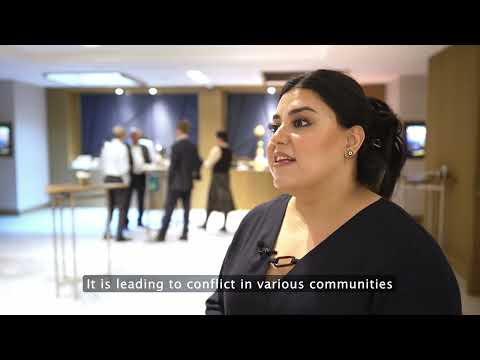
Resisting and preparing for the adverse impacts of climate change will be essential for the riparian countries Iraq, Turkey, Syria, and Iran. Their chances to do so successfully over the coming years will largely depend on their ability to build and bolster strong institutions and a healthy economy, to provide a safe environment for their citizens, to carefully manage their natural resources, and to maintain peaceful and productive relations among each other.
Looking ahead to the year 2050, this paper develops three possible scenarios for the Euphrates-Tigris basin, each one marked by distinct vulnerability conditions and opportunities for the basin countries to withstand the effects of climate change. Based on these distinctions, the paper identifies scenario-specific climate risks for water resources, lives, and livelihoods, as well as possible implications for migration, political stability, and cross-border water cooperation.
Download the paper here
The paper builds on CASCADES research which examines the impacts of climate change on trade, investments, sustainable development and human security in the European neighbourhood, with a view to inform European policies and improve interregional cooperation. The scenarios presented in this paper have been co-developed with 30 experts from the region, representing the fields of climate change adaptation, natural resource management, conflict prevention, and other relevant areas, to allow for a multidisciplinary perspective on major challenges and possible solutions. The methodological approach is described in the appendix.
The scenarios presented here are not exhaustive. Rather, they display a diverse set of possible future challenges and opportunities to inform strategic planning, promote flexible policies, and encourage a range of adaptation measures by the basin countries and their European partners.


















